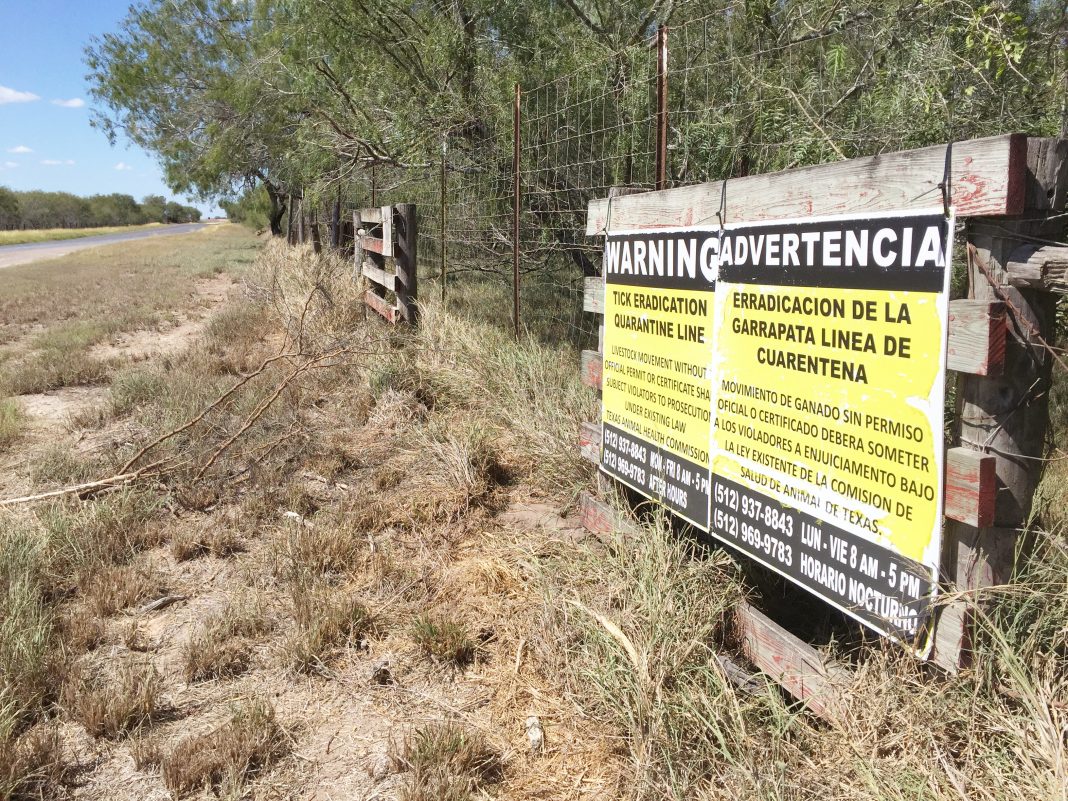Texas A&M AgriLife has received $1 million in federal grant funds to further research into ways to prevent cattle fever tick infestations.
The first of the twin projects to be funded is a study to identify synthetic molecules to be developed into treatments that kill cattle fever ticks but are nontoxic for livestock or humans.
Adela Chavez, an AgriLife entomologist and assistant professor, received $530,405 for a two-year study focusing on creating vaccines for cattle. No vaccine against tick diseases exists at present.
Patricia Pietrantonio, an AgriLife research fellow and professor, received $625,000 for a three-year study to identify synthetic molecules that can be developed into treatments that kill cattle fever ticks but are nontoxic to livestock or humans.
Cattle fever ticks are a major threat to the U.S. beef industry, and they have been spreading in South Texas. The ticks can transmit diseases such as babesiosis which can reduce milk production and weight gain, damage hides and cause anemia and even death.
A strict quarantine area has been in place for several years in South Texas, including Cameron and Willacy counties. The cattle fever tick is endemic to Mexico.
“We’re creating something new,” Chavez said. “Everything we are doing is experimental — extracting the molecules, identifying the proteins in ticks to exploit, and creating artificial vesicles to then produce a vaccine to validate. It is exciting to think about the potential, but there is much work to be done.”
As cattle fever ticks blood-feed on host animals, they transmit bacteria and parasites in their saliva. Pietrantonio said her project focuses on producing chemical molecules that selectively disrupt ticks’ ability to bite and feed.
Beef cattle and calf sales are Texas’ No. 1 agricultural commodity and generate about $8.5 billion annually. Worldwide, ticks cause an estimated $18.7 billion in economic losses each year.





